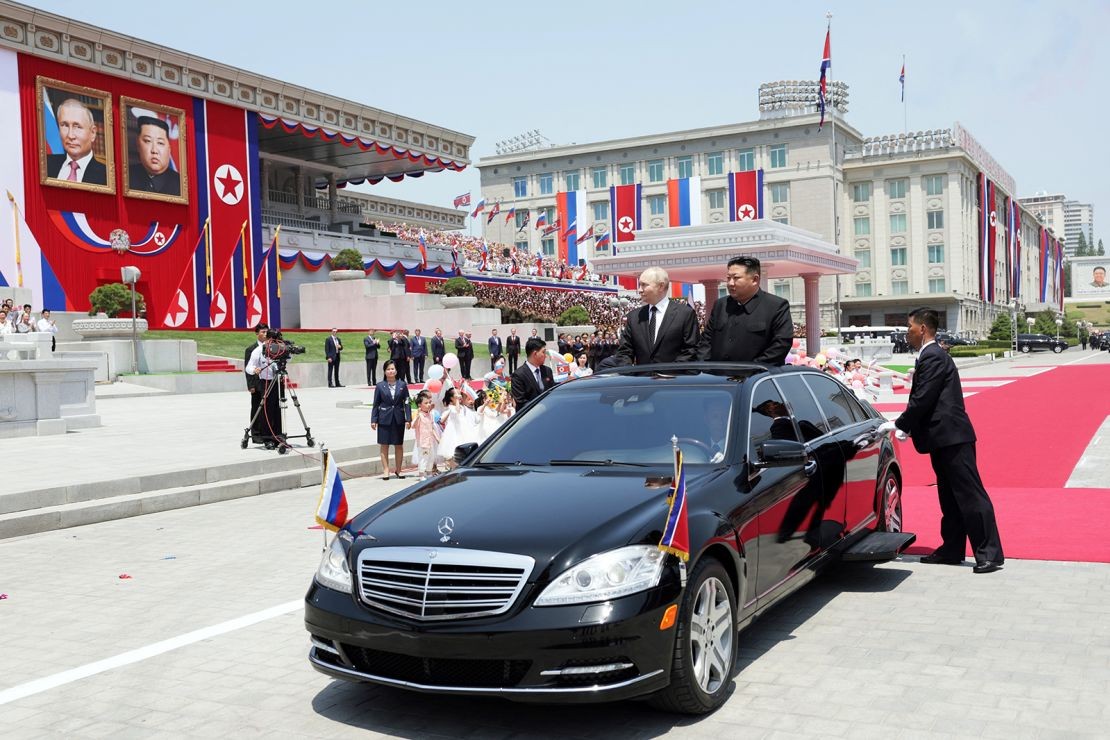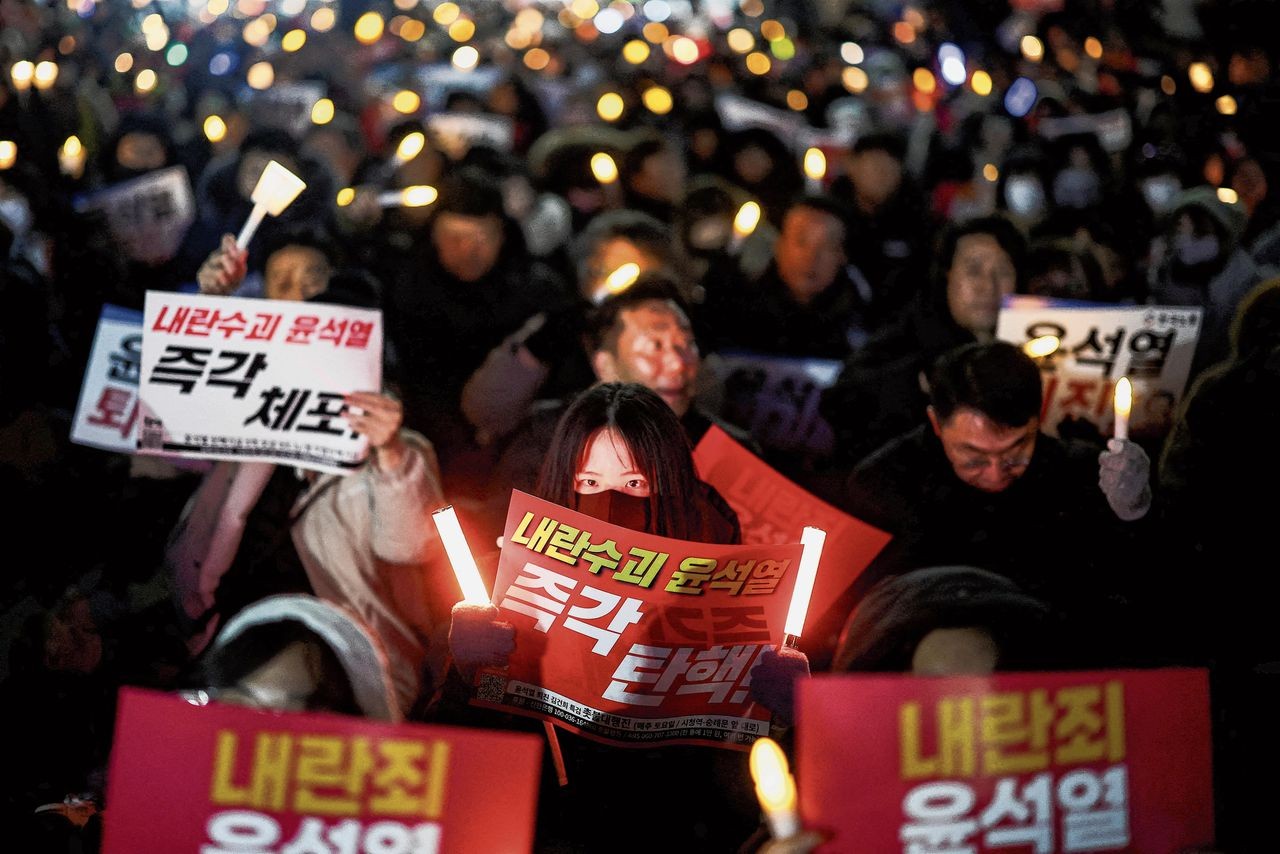By Vera Rodriguez,
At the beginning of December 2024, the world turned its attention to South Korea (or the ROK) as mass protests fueled the streets against what they said constituted a flagrant rupture of the rule of law. Former President Yoon Suk Yeol had enacted martial law on the 3rd of December, during a televised address, invoking troops into Seoul’s streets. He called for the removal of North Korean forces on South Korean soil, signaling Pyongyang as the reason behind his radical measure. However, sooner this month, the Constitutional Court removed the —then— president from office, ruling that Yoon had no legal basis for establishing martial law and, thus, accusing him of breaching the law.
Analysts believe Yoon’s primary motivation was domestic politics. They highlight the former head of state’s inability to pass laws due to the opposition party’s parliamentary majority. Foreign policy was only a cover for his true intentions. Yet, international affairs remain a highly pressing issue in South Korea’s policy. And the leader who emerges from this domestic crisis must confront it.
Situated in a dynamic Northeast Asia, Seoul’s foreign policy is rather complex. However, its most substantial topic has remained the same for decades: North Korea. This relationship has been challenging to manage. Before Yoon, Moon Jae-In’s presidency focused on reducing tensions on the Korean Peninsula through dialogue with Pyongyang. His administration framed this issue in a broader peace strategy, presenting the country as a responsible global actor that avoided direct confrontations. Under Yoon Suk Yeol, Seoul’s role became more international and assertive, building its deterrence capabilities through its relationship with Western allies and NATO. For instance, the ROK has indirectly been a strong supplier of military aid to Ukraine through Eastern European States.

In this context, North Korea has also increased its presence in global affairs. Pyongyang has sent over 11,000 troops to fight on Russia’s side in Moscow’s conflict with Ukraine. Many believe this deal is based on further information exchange. Moreover, both parties are working closer, as highlighted by the signature of a new mutual defense treaty. In terms of its relationship with the ROK, Kim Jung-Un has officially declared North Korea no longer seeks a unification of the peninsula and called South Korea a “hostile state.” After this announcement, Pyongyang remained silent on Seoul’s domestic developments, for which North Korea formally changed its constitution.
On top of this, other issues are pending: the ROK’s relationship with the US, its friendship with Japan, and, more broadly, its global role. Before Trump, former president Joe Biden, Japanese Prime Minister Fumio Kishida, and South Korean President Yoon Suk Yeol engaged closer. For instance, they signed the Camp David Principles in 2023, a closer security agreement. Under Donald Trump’s second term, that partnership is now questioned, especially in the case of South Korea. An official meeting between Seoul and Washington has yet to occur, fueling concerns about potential shifts in alliance priorities. There is a growing concern that the US will prioritize deterring China over North Korea, affecting South Korea’s main worry. Furthermore, analysts worry that the DP’s win in Japan could deteriorate relations between the two Asian countries. This is because of the party’s traditional stance on Japan, a product of Japanese and South Korean history.
The question is, what will South Korea’s role be in geopolitics under a new administration? The domestic crisis in South Korea is embedded within a broader geopolitical landscape. The US is drifting away from its previous role in geopolitics, leaving a vacuum in global leadership, while a Russia-North Korean alliance is solidifying. The new head of state, who will be elected after the June 3rd elections, is unclear, although many outlets predict it to be DP leader Lee Jae-Myung. This means the South Korean approach will probably shift towards a more diplomatic policy. This is in line with Lee’s public positions. For instance, the DP leader has claimed that South Korea should avoid involving itself in China-Taiwan relations or Russia’s war in Ukraine. This would pose a considerable shift in foreign policy until now. However, much remains to be seen. The elections have yet to occur on June 3rd, and maybe by then, the geopolitical stage has changed once more.
References
- How South Korea’s turmoil will reverberate beyond its borders. Chatam House. Available here
- South Korea will hold a presidential election June 3 to choose Yoon’s successor. abc news. Available here
- South Korea’s crisis leaves Kim Jong Un stronger than ever. Chatam House. Available here
- South Korea’s Ever-Closer Relations with NATO. SWP. Available here
- Historic reckoning in South Korea. Asia Times. Available here
- North Korea and Russia’s dangerous partnership. Chatam House. Available here
- What Will South Korea’s Post-Yoon Foreign Policy Look Like? The Diplomat. Available here




